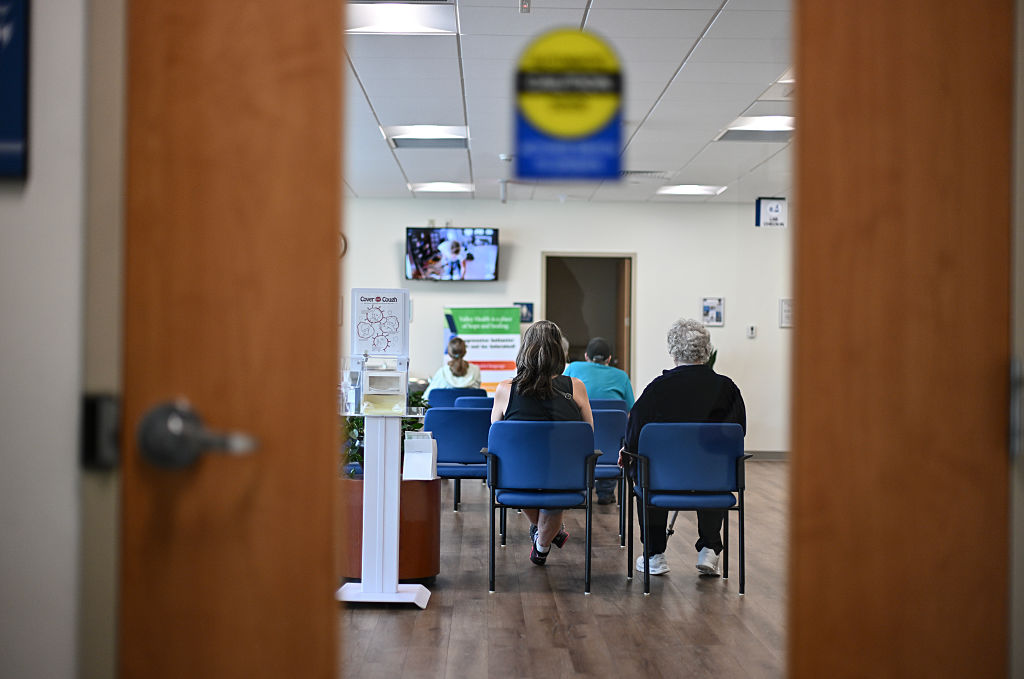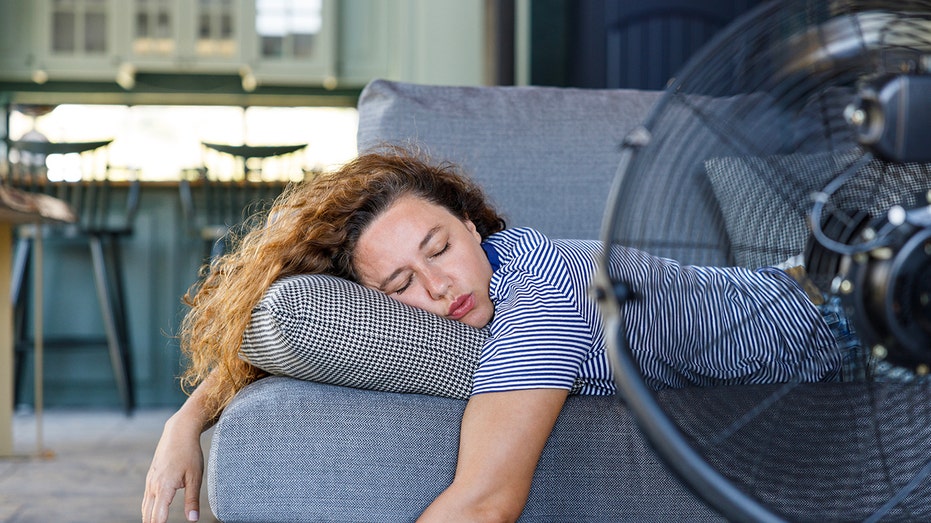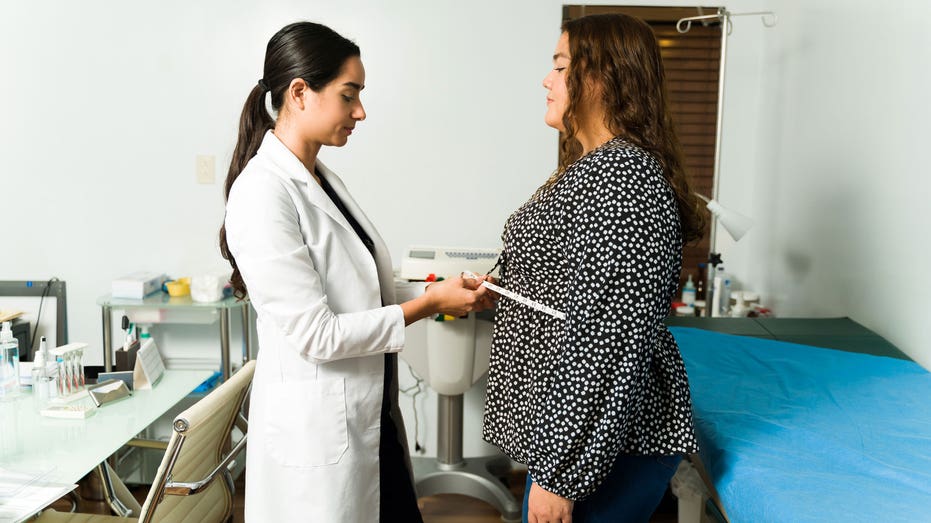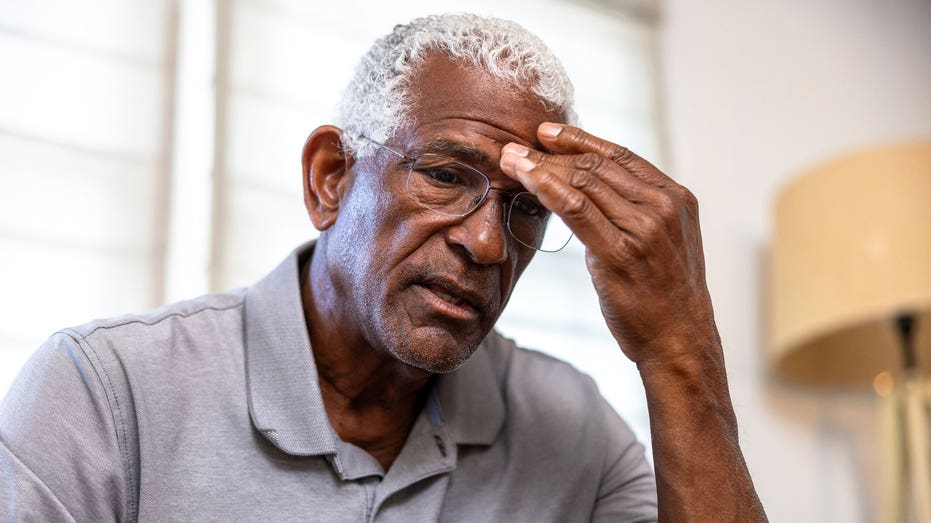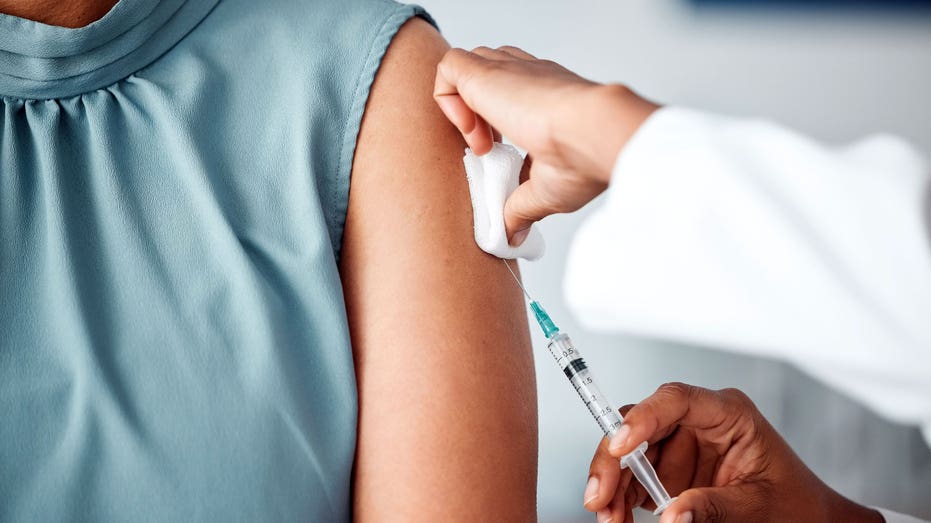Sidebar

Plastic surgery trends show growing acceptance of aesthetic procedures as self-care, with over 28.5 million minimally invasive treatments in 2024 alongside steady surgical demand.
More than 70 million Americans get insurance coverage from the program, which could be facing its biggest overhaul in decades.
A study links living near golf courses to higher Parkinson's risk, with strongest association found in those one to three miles from courses and vulnerable groundwater. Others cite limitations.
Dr. Michael Gradisar shares effective strategies to improve sleep quality during extreme heat, including optimizing the environment, making bedding swaps and limiting alcohol consumption.
Could a legendary tomb curse become a medical miracle? Scientists may have reengineered Aspergillus flavus, linked to King Tut's tomb, into a leukemia-fighting agent.
Cardiologists discuss the rare possibility of bee-related cardiac events after Indian businessman Sunjay Kapur reportedly suffered a fatal heart attack swallowing an insect during a polo match.
Study shows people with high body fat are 78% more likely to die and three times more likely to die from heart disease, calling into question BMI's reliability as a health measure.
Extreme heat can affect brain function and mental health, causing irritability, anxiety and cognitive issues, with experts providing tips to protect your brain.
Researchers at MIT’s Media Lab set out to determine whether ChatGPT and large language models (LLM) are eroding critical thinking, and the study returned some concerning results.
CDC advisory committee recommends thimerosal-free influenza vaccines for all adults and children, despite claims that the mercury-based preservative poses no health risks.
New UC Davis study finds that illegal disposable e-cigarettes contain hazardous levels of toxic metals like lead and nickel, presenting a higher cancer risk than cigarettes.
We couldn't help but wonder what experts think about Harry Goldenblatt's storyline.
A new study found that the fraction of people who got an abortion in their second trimester doubled in states that enforced near-total bans.
Research shows heart attack deaths have plummeted by nearly 90% since 1970, while deaths from heart failure and arrhythmias have increased, highlighting new cardiovascular challenges.

